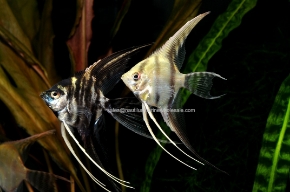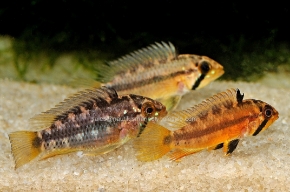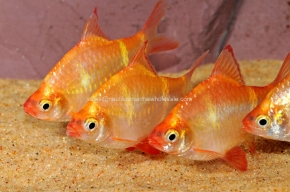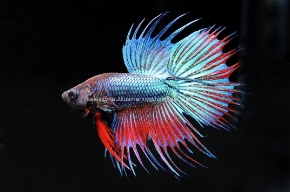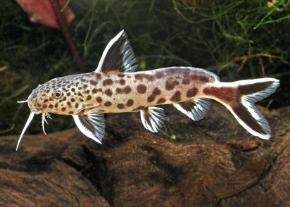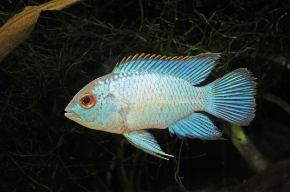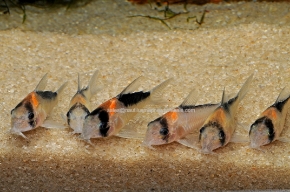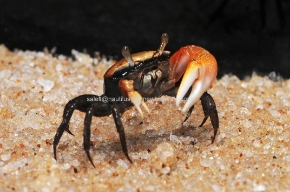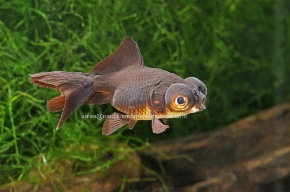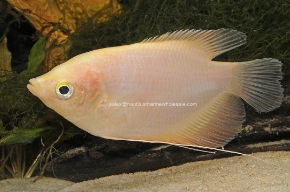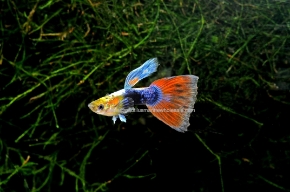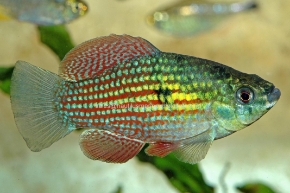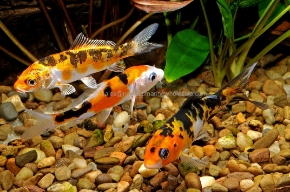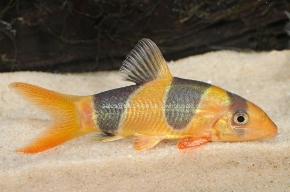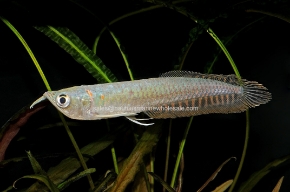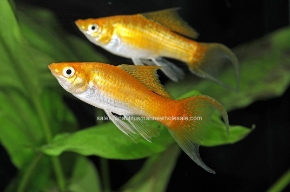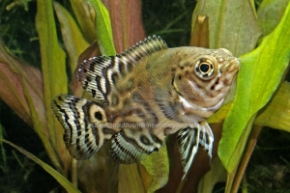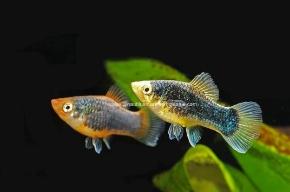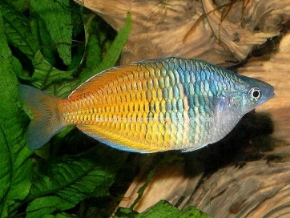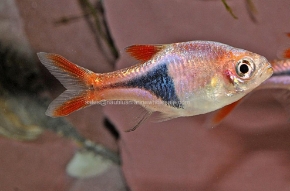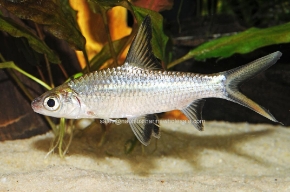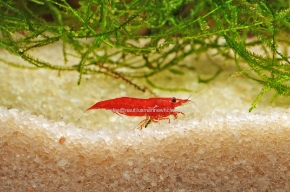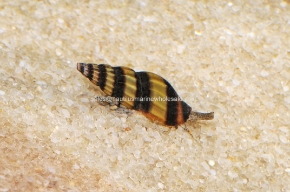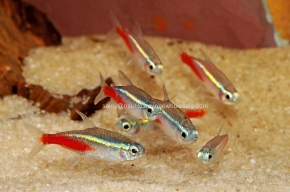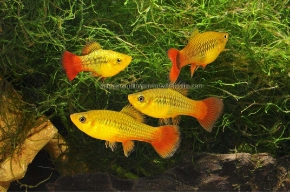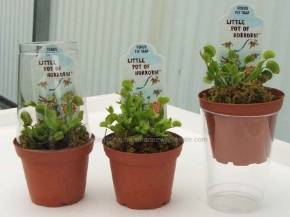Close
Menu
- Home
- Company
- News
- Request Account
-
Freshwater Fish
- back
- AMPHIBIANS
- ANGELFISH
- APISTOGRAMMA
- BARBS
- BETTAS - IMPORTED
- BOTIAS
- CATFISH
- CICHLIDS
- CORY CATS
- CRUSTACEANS
- DANIOS
- DISCUS
- FEEDERS
- GLOFISH®
- GOLDFISH
- GOURAMIS
- GUPPIES
- KILLIE FISH
- KNIFE FISH
- KOI
- LOACHES
- MISCELLANEOUS
- MOLLIES
- OSCARS
- PLATYS
- PLECOSTOMUS
- PUFFERS
- RAINBOWS
- RASBORAS
- SHARKS
- SHRIMP
- SNAILS
- SWORDS
- TETRAS
- VARIATUS
-
Plants-Aquarium
- back
- ANUBIAS
- APONOGETON - COMMON
- APONOGETON - FANCY
- BOG PLANTS - BAREROOT
- CRYPTOCORYNE
- DRIFTWOOD
- FERNS
- FLOATING VARIETIES - SOLD BY POUND
- LEADED BUNCHES
- MISC
- NYMPHAEACEAE (LILY LIKE)
- PACKAGES / ASSORTMENTS
- PLANTS IN A CUP, POT OR TRAYS
- PLANTS ON DRIFTWOOD
- PLANTS ON VOLCANIC ROCK
- PLANTS SOLD BY WEIGHT
- SAGITTARIA
- SWORDS
- TISSUE CULTURE IN CUP
- VALLISNERIA
- Weekly Specials
(0)
items
You have no items in your shopping cart.
All Categories
Menu
Shopping cart
Filters
Personal menu
Preferences
Search
Customer service
My account
Copyright © 2025 Nautilus Wholesale. All rights reserved.
Powered by nopCommerce
Website Development by Torch Designs


